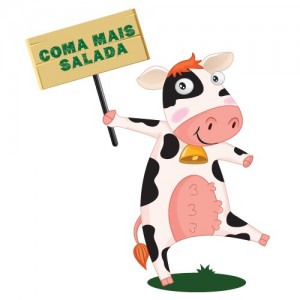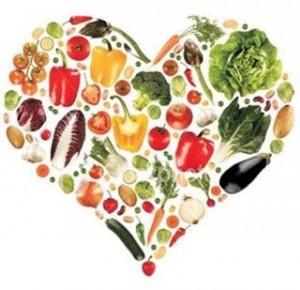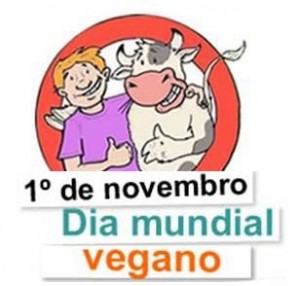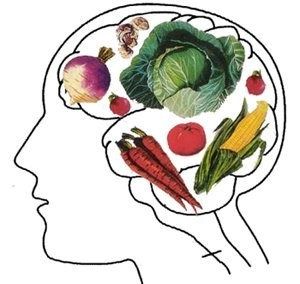Vegans, Vegetarians to the letter
The word Vegan, used for the first time in 1940 in England – Vegan, is a variation of the word Vegetarian, which refers to a person who does not consume any food of animal origin (meat, eggs, milk, cheese, gelatin, honey…), that is, their eating habits are based 100% on products of plant origin.
Furthermore, they also seek to eliminate any and all forms of animal exploitation, such as in clothing (shoes and accessories made of leather, fur, silk, wool, feathers and feathers), in tests, and in the composition of various products. They are also against rodeos, animal races, dogfights, vaquejadas, cavalcades, hunting, fishing, etc.

Why be vegan?
For the vegan, animals do not exist to be exploited by humans. Each animal is the owner of its own life, thus having the right not to be treated as property.
Another factor is the contribution to the environment: In industrial livestock farming, for example, to produce 1 kilo of meat you need 15 thousand liters of water, while to produce 1 kilo of cereals you only need 1.3 thousand liters of water.
And also for the search for better health. Vegans have greater immunity and are less affected by opportunistic diseases.

Are they radical?
Yes, vegans are radical because they do not accept animal exploitation in any way, not accepting means doing something about it, even if that means questioning the way of life we are used to having.

How does veganism act in defense of animals?
Every production system is subject to market laws, including systems that involve animal exploitation. The production chain that involves this includes the producer or breeder, the transporter, the processor or slaughterer, the distributor, the trader and the consumer. All of these are important links in the animal exploitation chain and the lack of any of these links compromises the entire functioning of the system.
The main purpose of veganism is to act as a market force. Vegans effectively prevent further animal exploitation when they boycott products of animal origin, that have been tested on animals, or that in any way derive or result from animal exploitation. And, without a doubt, through not consuming these products.







